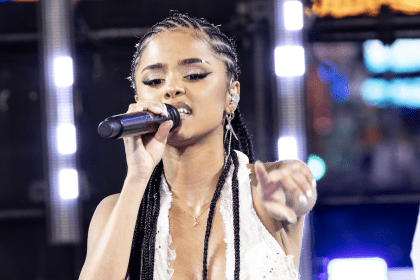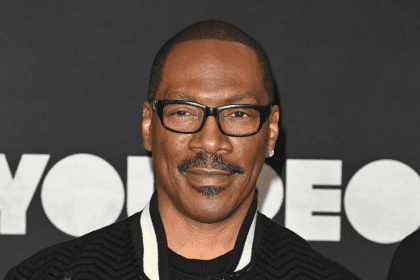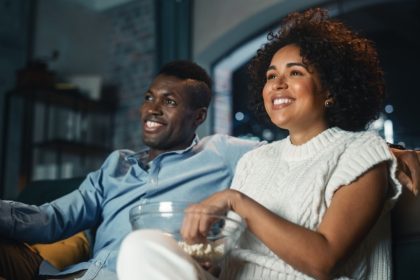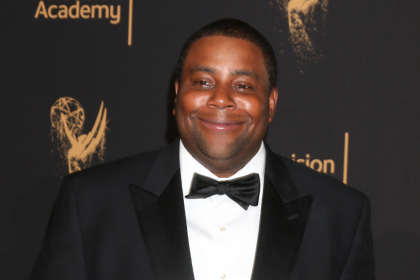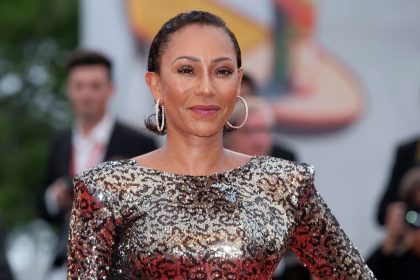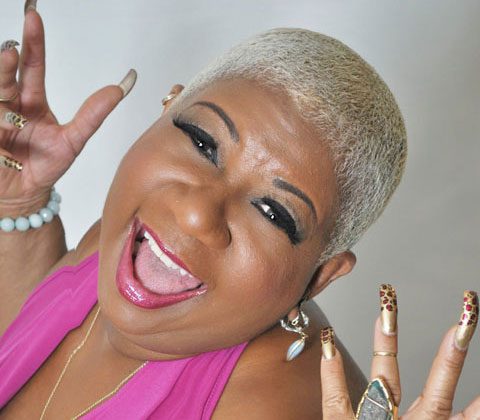
When it comes to comedy, subjects that were unacceptable for mainstream America were the norm in small Black clubs. Comedians such as Redd Foxx, Dick Gregory, Richard Pryor and Moms Mabley were popular first in clubs on the “Chitlin’ Circuit” in urban hubs. Subject-matter material in these clubs frequently included jokes about race relations, women and the gay community that today, in many cases, would be considered politically incorrect.
The material of the Black comedian has always been a form of catharsis in dealing with the collective experience of living while Black in America. During the heyday of Black comedy, when Black comedians crossed over into mainstream culture, such controversial material was the norm and what the audience wanted to hear.
Rolling out spoke with Luenell, a widely recognizable face on the big screen, TV and stage. A true master at her craft, Luenell is a comedic force known for her razor-sharp edge and wit. Her film credits include Borat, Think Like a Man Too, School Dance and the horror movie Matthew 18 with fellow comedian Faizon Love. She can be seen next in Dolemite Is My Name, the Rudy Ray Moore biopic starring Eddie Murphy coming to NetFlix.
When did you see a change in what was once okay to say in front of Black audiences but is now being judged as politically incorrect?
The rise of social media is the culprit. There was a time when all comedians — Black and White — worked unfiltered. There was no comedy police. Now people get on social media and examine every aspect of a person’s material and life.
Does this mean Black comedians should fundamentally change their material?
When I perform, I am not trying to push my way of thinking on any person through my material. As a comedian, you must choose the material based on the audience you are entertaining at the time in a comedy setting. But my act is more than just jokes, it’s about me, Luenell, and my many fans know my background, so I do not have to really change my material or who I am.
If a White comedian, such as Larry the Cable Guy, were to use the N-word they would face a tremendous backlash. Is this a double standard?
There would be a backlash and rightly so. I do not use the N-word, and I do not justify its use whether it’s “nigg” ending in an r, a, or ah. Using that word is like someone pressing something hot against your skin repeatedly. It hurts and will eventually leave a mark. It’s a hurtful word, and I do not support its use.
When is comedic material hurtful?
When it’s targeted and malicious [or] when comedians take to the stage with material that targets a person or a group. These comedians know what they are doing and are being mean and hurtful.
In closing, what would you like to state about Black comedy today?
I want to look at how we are labeling internet stars as comedians. Some videos that are viral on social media posted by folks are truly funny. These individuals can be great actors, but I do not consider them comedians.
To me, a comedian is someone who has put in the work. That means knocking on doors, getting on stage and dealing face-to-face with an audience — not scripted scenes on social media. It does not matter that a person has 800,000 followers on Facebook or Instagram. That does not make you a true comedian.

